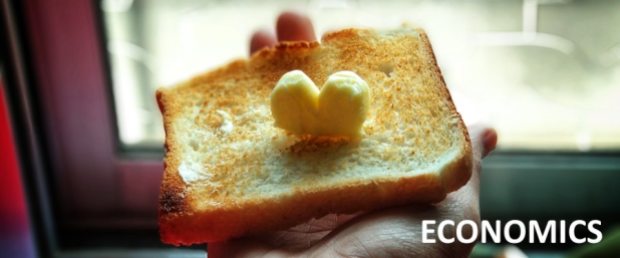
Each leap forward by technology is accompanied by fears around humans becoming or being mediocre. And most fears are basically exaggerated versions of reality as it turns out. So indeed, mechanisation has reduced the need for physical human labour and it has made majority of mankind physically less able than our forefathers but we’ve also been healthier and lived longer lives.
With the rise of AI, there’s fear of depending on it and concerns in schools about teachers losing their jobs or students outsourcing their work to ChatGPT. Lousy journalists who had been churning out mediocre pieces of work can be now replaced by AI, customer service representatives that don’t know their stuff can be replaced by chatbots and so on. The problem isn’t really about chatbots or AIs, or quality of humans. It is the issue around industrialization specifying standards, creating processes and expecting humans to fit into that.
We should begin to see all of the roles we humans can take as something relatively temporarily. That does not mean we shouldn’t invest in our craft and up our skills but that does put into question where is the boundary between human and machine in the work that we do. Measured in a single dimension, machines and technology can always be optimised to eventually deliver better performance than humans. The issue isn’t human’s mediocrity because there are mediocre workers and they’ve long been easily replaceable. Seth Godin recently talked about the matter on his podcast through two episodes (here and here).
The fact that AI frees us up from having to do the basic, minimum kind of work should present an opportunity for all of us. It might threaten some of us, but only if we allow it to.









